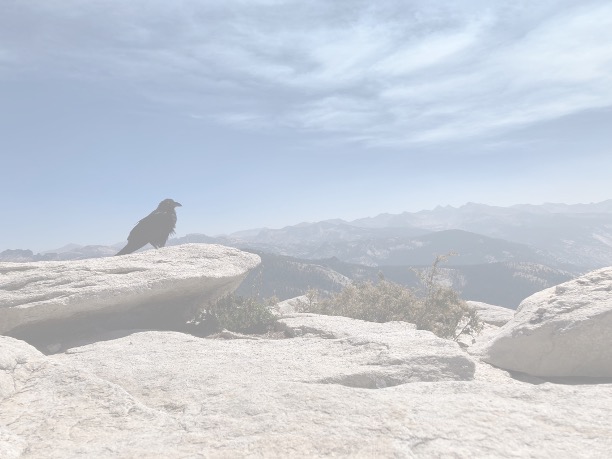
Kejia Wang
on translating Zhang Ergun
This is my second time translating Zhang; (the first translation, “Grave News at Dawn, Great Tidings at Dusk,” can be found in the Spring 2020 Doublespeak issue). Over the past two years, I have accumulated more experience translating contemporary Chinese prose. As a result, I now find myself a little more comfortable with translating Zhang’s prose-like, conversational verse. The biggest challenges in this translation process concern flow and the clarification of conceptual ideas. The final line of the original poem evokes terms often used in Chinese communist propaganda — 光荣, to evoke honor and glory, and 奋斗, to evoke ceaseless hard work in pursuit of a brighter future. The poet, in referencing this sentiment, is being deliberately sardonic: just like the trees and flowers are ostensibly being destroyed out of love, the people are being guided towards grueling cog-in-the-machine lives that have no regard for their free will or well-being. There are few words with similar connotations in English — “honor,” “glory,” “hard work,” and “gallantry” are all more positive words in English. I chose the word “struggle” to reflect the hard work (with a wink towards Marxist uses of the term in English!) and “heroes” so that readers can (hopefully!) draw connections with similar English discourses and literary works on the hypocritical “celebration” of exploited and underappreciated groups (perhaps healthcare workers during COVID, or soldiers who marched during marching into World War I).
about the author
Zhang Ergun (lit. “Zhang second stick/rod”) is a Chinese poet from Shanxi province. Born in 1982 into a family of modest means, Zhang attended vocational school for a year after graduating middle school. Working as a member of a provincial geologic surveying team, Zhang spent decades of his life traveling to remote areas and living among impoverished individuals. His poems are known for their simplicity, sincerity, social criticism, and compassion for the powerless and the poor. He has published one collection of poems, 《旷野》(lit. Open Wilderness) and was honored with a Mao Dun Literary Newcomer Award in the late winter of 2021.
Critic and fellow poet Liu Nian (刘年) noted that Zhang’s poetry is representative of what he considers to be the “Chinese school” of contemporary Chinese poetry. According to Liu, the school – and Zhang’s works – follow the literary tradition of classical Chinese poetry while drawing inspiration from Western philosophy. Poems from the school feature simple prose, grounded realism, and compassion for all.
about the translator
Kejia Wang graduated from Penn in 2016 with a BSE in bioengineering and a minor in English. She has since also received an MA degree in English Literature with a concentration in Science and Technology Studies from the University of British Columbia, Vancouver. She currently resides in Vancouver, where she splits her time between working as an analyst in the Canadian public health sector and as a remote English localization specialist for a Chinese video game studio. Her poem "Disorientation" was published in the Penn Review in 2015, and she has contributed translations of Chinese poems to Doublespeak since 2014.

photo by Stacy Shimanuki
